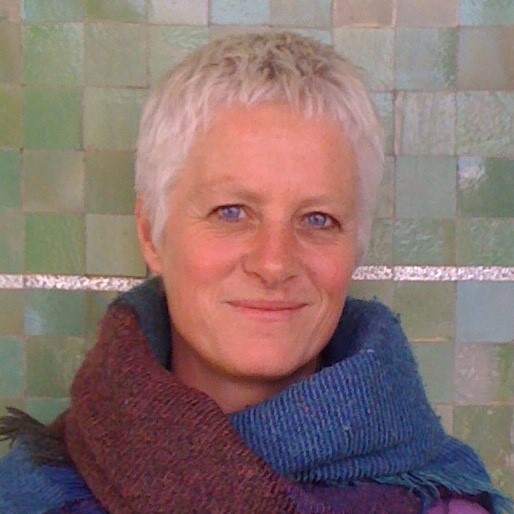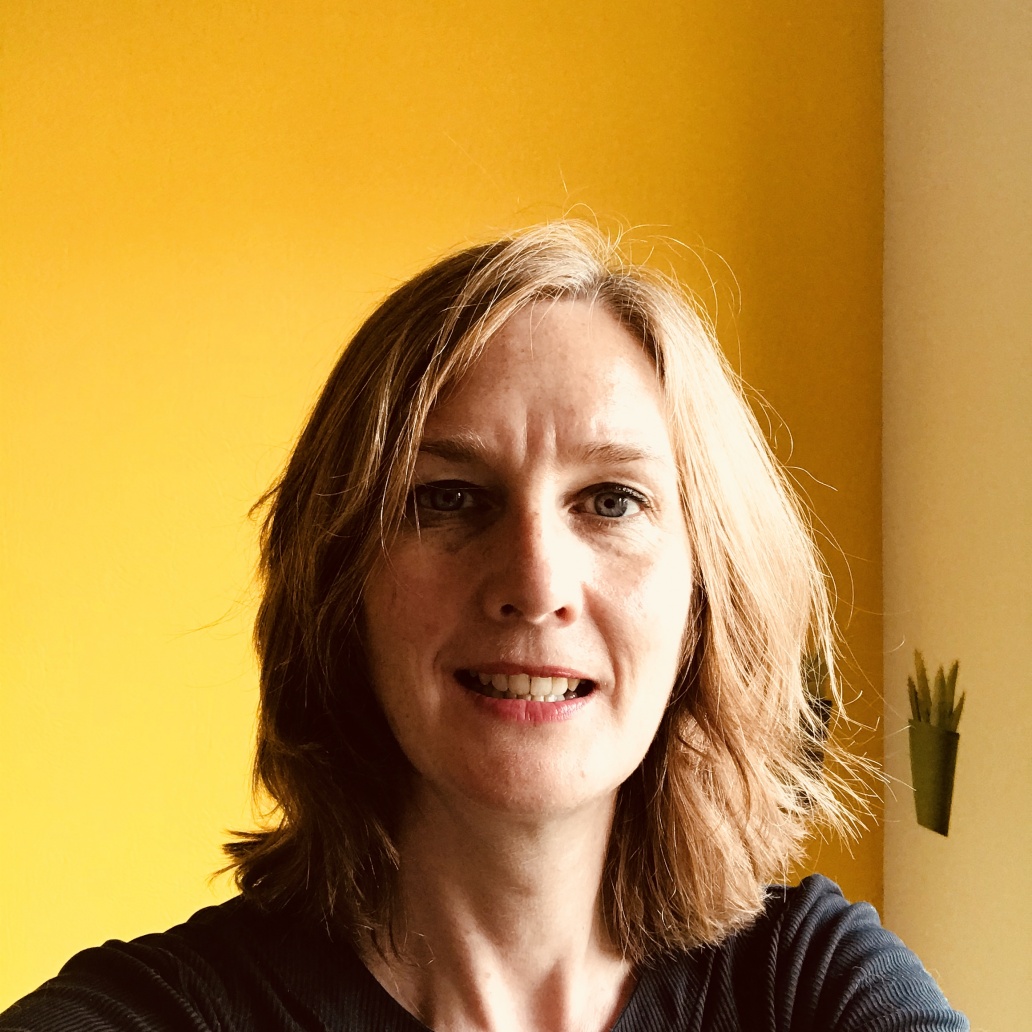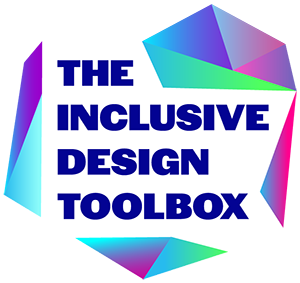We know from our own long-term interest in inclusive leisure & tourism that, despite the best intentions, places and products are often not inclusive by nature but that we need to consciously design them to be so.
We also know that places that are designed based on the real human needs of a broad group of people can be incredibly vibrant and attractive and can help build a sense of safety, trust and belonging within cities.
We’d like to both share our insights with young creative professionals and keep on learning together with them.
We look forward to sharing this creative process with you!

drs. Philippa Collin MSc
Philippa is an urban anthropologist with interests in inclusive design, meaningful encounters and circular cities.
Currently she works as a lecturer and researcher at the Inholland University of Applied Sciences.

drs. Roos Gerritsma
Roos is an urban sociologist and her interests cover
Tourism and leisure and placemaking, in which inclusive and sustainable design are key.
She currently works as an assistant professor at Inholland University of Applied Sciences.
There are two parts to the toolbox:

1. THE INCLUSIVE INTRODUCTION GUIDE:
We know from our own research that places are often not inclusive by nature but that we need to design them to be so. We also now know that places that are designed based on the real human needs of a broad group of people can be really vibrant and attractive. But what does all this have to do with you as a student and why does it matter to think and act inclusively?
You can find an introductory text with links to two web lectures, which explains more about the basic principles of inclusive design. These are on Blackboard, on our website and in the Inclusive Design Toolbox book.
2. THE INCLUSIVE TOOLBOX
As a student, you will gradually be introduced to the four main stages of doing design research.
If you look closer you will see there are actually five different phases:
0. Getting started, 1. Discover, 2. Design, 3. Develop and 4. Deliver (see the design process). The toolbox will provide you with tools for inclusion for each of these design phases.
What do we mean by ‘a tool’? Anything that gets you thinking, out and about meeting your stakeholders and working! Some tools are made especially for you and some have been made by other creative professionals for use in the field.
